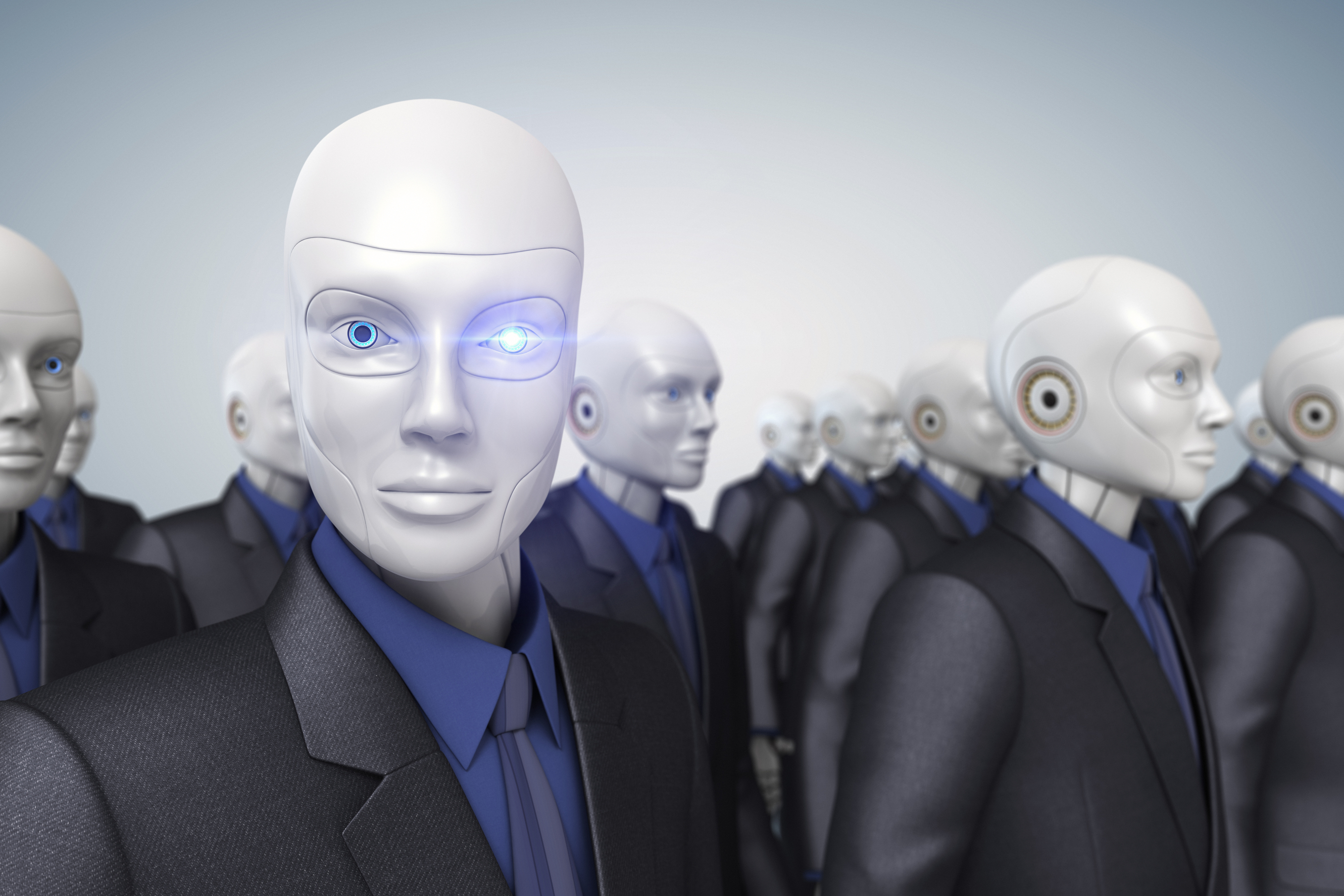What?
Quite possibly, the end of the traditional trainee task of due diligence.
‘Due diligence’ is the job of checking through corporate documentation to spot potential issues, usually in the context of an ongoing transaction or deal. A trainee will typically work through a huge number of contracts, agreements, board minutes, etc. – it can take days (sometimes even weeks!) to complete. The trainee will then produce a summary of their findings, flagging anything they think particularly concerning.

How?
New technology is beginning to come into use in corporate law firms. This technology will be able to review due diligence documentation at a speed of hundreds of pages per minute (faster than even the speediest and most caffeinated trainee).
This frees up actual human lawyers to get on with analysing the findings, interacting with clients and negotiating the deal.
When?
It’s already happening. Magic circle firms Clifford Chance and Linklaters have signed up to this kind of system, with Slaughter and May and Travers Smith becoming the latest firms to publicly announce their embrace of artificial intelligence in the workplace.
Why it matters
The movement towards artificial intelligence in the legal profession will have far-reaching implications for both current and future generations of lawyers.
Although technology frees up time for lawyers to concentrate on other (usually more interesting) work, it may also reduce the need for vast numbers of junior lawyers in the profession (not to mention the need for extensive corporate paralegal teams). So, good and bad news there.
It’s worth also considering the longer-term trends at play. Technology has already enabled people to work globally, remotely and far more efficiently. This kind of due diligence system is likely to be just the very beginning…
Further reading
- Richard Susskind, Tomorrow’s Lawyers
- Is a robot going to steal your training contract?






























